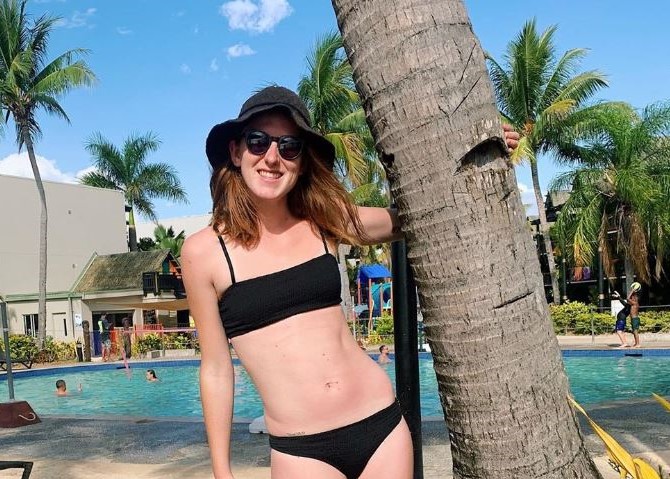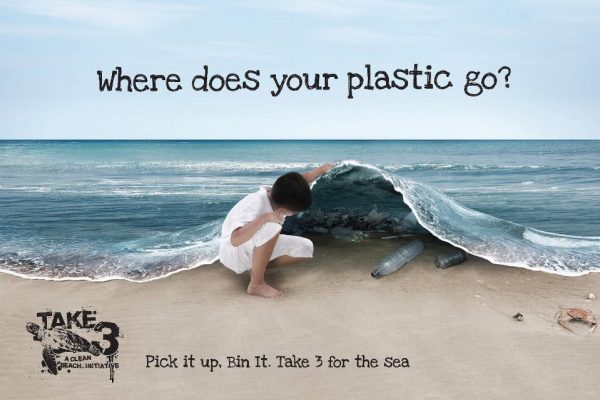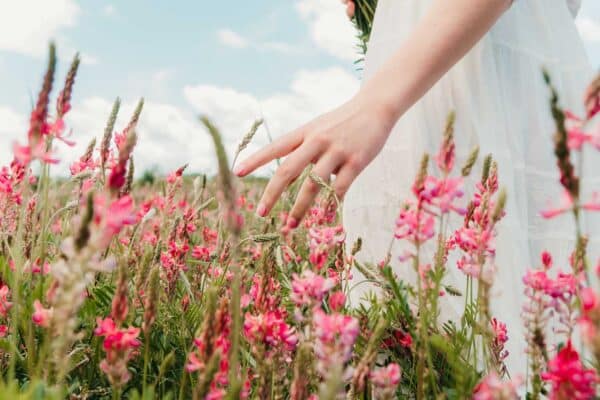Call me crazy, but recently I nearly said no to a family holiday in Fiji. I genuinely considered staying home in the name of saving the planet.
When my family proposed a holiday, the second Fiji was suggested, I pictured waste from packaged foods, the plastic straws that would inevitably find their way into my drink even if I gave the waiting staff a sweet smile and said: “no straw please”. Plus, the sight of a wannabe eco perfectionist (me) sitting on a carbon-spewing airplane on her way to lounge by a pool, is embarrassingly ironic.
I say no to a lot of things in the name of saving the planet.
Shopping trips with friends, ice creams, free coffees in takeaway cups, and travel opportunities. But this time I said yes.

Sometimes family needs to come first. Sometimes it’s okay to say yes to things that seem selfish. Sometimes compromising is better than disappointing your family and alienating yourself.
But I didn’t say yes to mindlessly traveling with convenience as my goal. I was strategic, careful, planned, and as low waste as possible.
Offsetting Flying
In lieu of traveling by sailboat to Fiji (because I don’t have a week), I offset my carbon emissions through a New Zealand based organisation called Ekos.
Ekos calculated the number of carbon credits we would need to offset our journey, based on 2 people (my husband and I) flying economy from New Zealand to Fiji and back. We spent $43.03 on carbon credits, including Radiative Forcing; an extra addon that offsets the added external factors such as water vapour and indirect greenhouse gases.
The carbon credits we purchased help to fund projects that include carbon capturing, erosion reduction, waterway cleanups, biodiversity improvements, and sustainable incomes for local communities in New Zealand and the Pacific Islands.
I believe if you can afford to travel, you can afford to offset.
Taking it one step further, I also sent the Ekos quote and details to everyone attending the family holiday.
I wasn’t pushy; I simply explained the system and encouraged them to purchase carbon credits if they wanted to. I’m unsure if they all ended up offsetting their flights, but I can only hope that my gentle push means they are more likely to purchase carbon credits for future travel.
https://www.instagram.com/p/B4TA6rSpbaq/
Managing Food
Food waste is the biggest hurdle when traveling.
It’s essential, but also the most wasteful part of any adventure. We packed our reusable takeaway containers, metal straws, coffee mugs, cutlery, and carry bags, but also pre-planned our strategy around water, snacks, and main meals.
Water:
Unlike New Zealand, the tap water in Fiji is not drinkable.
I came prepared with my Steripen that treats water with a UV light (this has been my magic wand through India and South East Asia!), but we ended up boiling water in our accommodation, meaning everyone on the trip had waste-free water too! Twice a day we boiled the kettle and poured the clean water into a large pot to cool. Once cool, we filled the jug in the fridge and everyone’s water bottles.
Snacks:
To save money and ensure we had snacks that were gluten-free (I am coeliac), we bought snacks with us from New Zealand.
I usually make my own waste-free snacks at home, but everything had to be sealed and packaged for immigration. I chose New Zealand made, organic, and compostable packaged snacks as much as possible. Our chocolate and potato chips were packaged in home compostable packaging that came home with us so we could compost it correctly.
Main meals:
Although eating out can look waste-free, waste is always created behind the scenes in the restaurant kitchen. I prefer not to eat out to reduce waste and save money.
At the beginning of our trip, my husband and I caught the local bus and ventured out to the bustling farmer’s markets. We stocked up on fruit, vegetables, and a few herbs and spices to cook stir-fries and homemade taro chips all week. When I ate out, I tried my best to choose a meat-free or vegan option if they offered one, kept all the napkins they gave me to reuse over and over, asked for no straw, and took my leftovers home in my containers.
Eco-friendly Activities
The purpose of our family holiday was to relax and unwind, spend time in the water, and connect.
That’s exactly what we did. No shopping, no tours, simply creating fun together with packs of cards and the ocean! The enjoyment you can have with great company and simple games, is endless.
Being an eco-fashion enthusiast, I also couldn’t help but venture out for a day to visit a non-for-profit organisation, Rise Beyond The Reef.
The husband and wife duo employ 300+ women in hard to reach villages who create beautiful lifestyle products that are sold online and in stores around Fiji. We laughed and chatted with the handful of sewers who were on-site, and purchased some much-needed cloth napkins; a souvenir that is helpful, waste-free, and will remind us of our holiday and these wonderful makers at every mealtime.
Traveling with a conscience does require some compromises.
You must respect the culture you are visiting, honour the people you are traveling with, all while balancing your sustainable values and never permitting guilt to rob you of enjoyment.
Although traveling with no thought of your footprint, zero reusables, and lack of consideration for carbon credits is not okay, traveling with compromise and sustainable strategy is definitely achievable. My family holiday to Fiji was amazing. I’m glad I didn’t say no.


